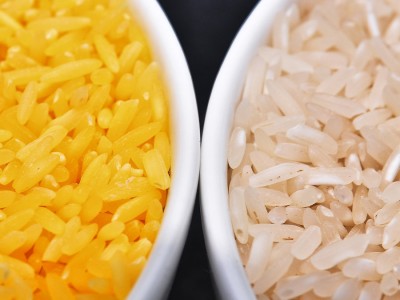by COLIN TODHUNTER

False promises, smears
The pro-GMO lobby often relies on fraud, regulatory delinquency, opaque practices, smear campaigns, dirty tricks, slick PR andthe debasement of science. While choosing to sideline the root causes of poverty, hunger, malnutrition and regional food insecurity (and effective solutions), it promotes a techno quick-fix based on profitable proprietary technology.
At the same time, prominent advocates of GM attempt to deflect attention from their own self-interest in promoting this technology and their hypocritical attitudes towards the poor by smearing their critics and offering sound bites about ‘feeding the poor and hungry’. And then there are the wealthy agritech corporations which flex their financial and political muscle and effectively hijack democracy for their own ends by slanting, science, politics, policies and regulation (these claims are discussed here, here and here).
Given this situation, it should not be about whether we are pro-GMO or anti-GMO. It is more the case of whether we are anti-corruption and pro-democratic.
People are demanding transparency, genuine independent testing and genuine independent evaluations of the impacts of GM on farmers’ livelihoods, ecology, the environment and on human and animal health. They also require fair and open debate.
Instead, what we too often get are dirty tricks, smears and PR from supporters of GM, which demonstrate a deep ideological commitment to corporate power and profit, rather than an openness and a willingness to address the concerns of those who question the efficacy of GMOs and the practices of the companies, politicians and scientists who are promoting this technology.
It is about what is best for farmers, the public as consumers of food and the environment, not what is best for research funding and career paths, well-paid lobbyists, rich CEOs and wealthy shareholders.
The case of Golden Rice
GMO advocates have long argued that genetically engineered Golden Rice is a practical way to provide poor farmers in remote areas with a subsistence crop capable of adding much-needed vitamin A to local diets. Vitamin A deficiency is a problem in many poor countries in the Global South and leaves millions at high risk for infection, diseases and other maladies, such as blindness.
Some scientists believe that Golden Rice, which has been developed with funding from the Rockefeller Foundation, could help save the lives of around 670,000 children who die each year from Vitamin A deficiency and another 350,000 who go blind.
Meanwhile, critics say there are serious issues with Golden Rice and that alternative approaches to tackling vitamin A deficiency should be implemented. Greenpeace and other environmental groups say the claims being made by the pro-Golden Rice lobby are misleading and are oversimplifying the actual problems in combating vitamin A deficiency. Moreover, they argue that the Golden Rice programme is diverting attention from other more effective solutions.
Global Research for more
